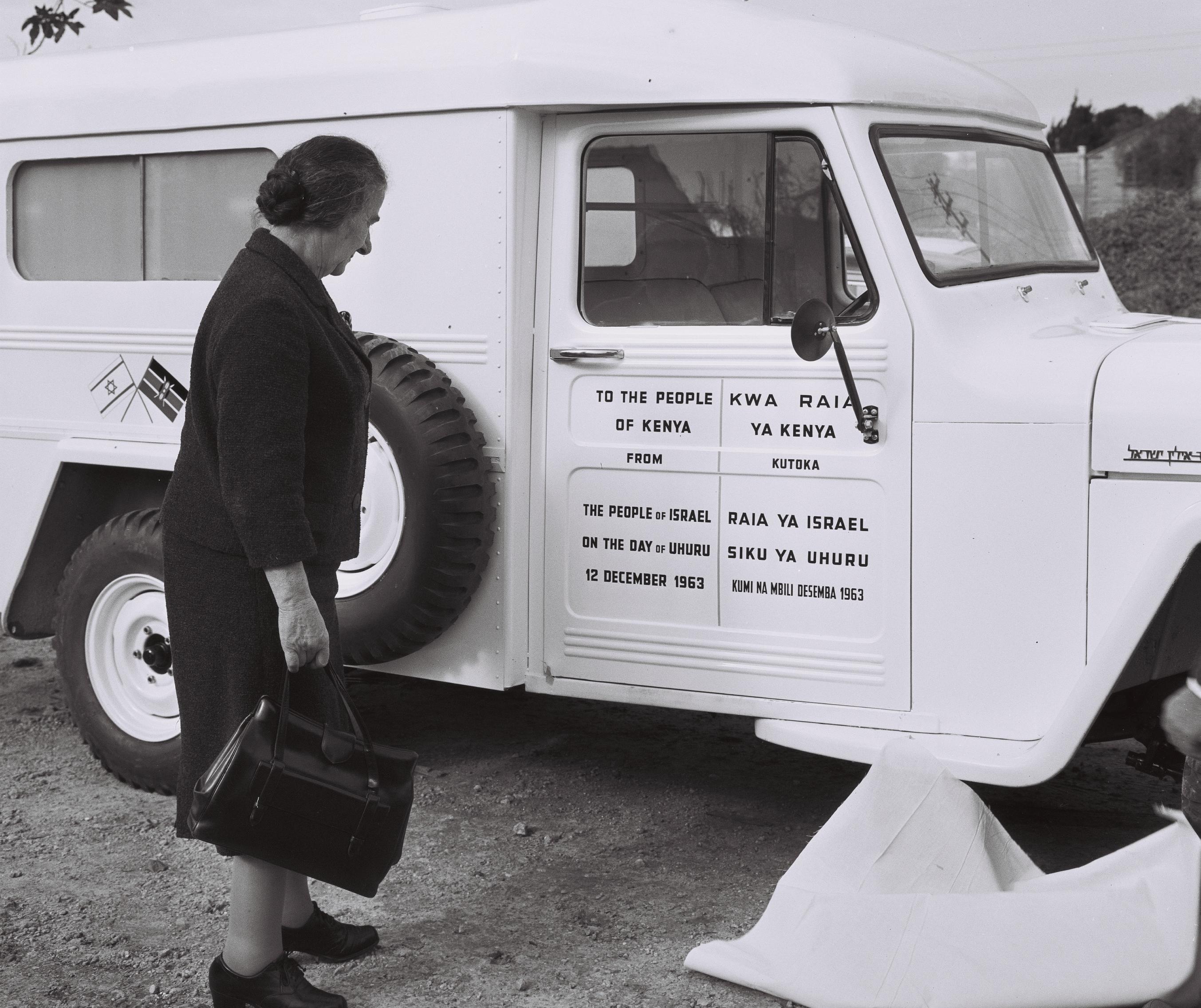History of the Jews in Kenya on:
[Wikipedia]
[Google]
[Amazon]
History of the Jews in Kenya refers to the history of
 J. Marcus, a Jewish businessman, moved to Nairobi from India in 1899 and established an export business for local produce. In 1903, the British colonial secretary
J. Marcus, a Jewish businessman, moved to Nairobi from India in 1899 and established an export business for local produce. In 1903, the British colonial secretary
Jewish
Jews ( he, יְהוּדִים, , ) or Jewish people are an ethnoreligious group and nation originating from the Israelites Israelite origins and kingdom: "The first act in the long drama of Jewish history is the age of the Israelites""The ...
settlement in Kenya
)
, national_anthem = " Ee Mungu Nguvu Yetu"()
, image_map =
, map_caption =
, image_map2 =
, capital = Nairobi
, coordinates =
, largest_city = Nairobi
...
, which began in 1899. There is still a Jewish community living in Kenya today.
Background
 J. Marcus, a Jewish businessman, moved to Nairobi from India in 1899 and established an export business for local produce. In 1903, the British colonial secretary
J. Marcus, a Jewish businessman, moved to Nairobi from India in 1899 and established an export business for local produce. In 1903, the British colonial secretary Joseph Chamberlain
Joseph Chamberlain (8 July 1836 – 2 July 1914) was a British statesman who was first a radical Liberal, then a Liberal Unionist after opposing home rule for Ireland, and eventually served as a leading imperialist in coalition with the C ...
offered the Zionists a part of the territory in Kenya and Uganda known as the Uganda Program for their own autonomous country at the Sixth Zionist Congress
The Sixth Zionist Congress was held in Basel, opening on August 23, 1903. Theodor Herzl caused great division amongst the delegates when he presented the " Uganda Scheme", a proposed Jewish colony in what is now part of Kenya. Herzl died the follo ...
. The suggestion created much controversy among the international Jewish community, and was rejected at the Seventh Zionist Congress in 1905.
Although the plan was shelved, 20 Jewish families had settled in Kenya by 1913, most of them in Nairobi
Nairobi ( ) is the capital and largest city of Kenya. The name is derived from the Maasai phrase ''Enkare Nairobi'', which translates to "place of cool waters", a reference to the Nairobi River which flows through the city. The city proper h ...
. A Jewish cemetery was consecrated in 1907, and the first synagogue in 1913. During the period of World War II
World War II or the Second World War, often abbreviated as WWII or WW2, was a world war that lasted from 1939 to 1945. It involved the vast majority of the world's countries—including all of the great powers—forming two opposing ...
and following the Holocaust
The Holocaust, also known as the Shoah, was the genocide of European Jews during World War II. Between 1941 and 1945, Nazi Germany and its collaborators systematically murdered some six million Jews across German-occupied Europe; ...
, Jewish immigration increased and as many as 1,200 Jews were living in the country. Prior to the establishment of the State of Israel, members of the Kenyan Jewish community helped Irgun
Irgun • Etzel
, image = Irgun.svg , image_size = 200px
, caption = Irgun emblem. The map shows both Mandatory Palestine and the Emirate of Transjordan, which the Irgun claimed in its entirety for a future Jewish state. The acronym "Etzel" i ...
and Lehi fighters imprisoned by the British in Gilgil
Gilgil, Kenya, is a town in Nakuru County, Kenya. The town is located between Naivasha and Nakuru and along the Nairobi - Nakuru highway. It is to the west of the Gilgil River, which flows south to feed Lake Naivasha.
Gilgil has a population ...
. Once the State of Israel was established in 1948, many Jews in Kenya left for Israel. In 1963, when Kenya became independent, the Jewish population declined further and shifted from largely permanent residents to people on international contracts or long-term business assignments.
Notable Kenyan Jews include former Nairobi mayor Israel Somen and hotelier, Abraham Block. In 2011, it was estimated that 80% of the Jewish ex-pats in Kenya are Israeli. In 2013, the Jewish community had about 600 members.
A Kikuyu-speaking Kasuku community of 60 members, calling itself the Kasuku Gathundia Jewish community, has developed among subsistence farmers in the Kenyan highlands, near Nyahururu
Nyahururu (formerly known as Thomson's Falls) is a town in Kenya, lying north east of Nakuru. The town derives its name from the Maasai word e-naiwurruwurr, meaning waterfall and/or windy or place of storms. It is located in Laikipia County. Desp ...
. According to their patriarch, Yosef Ben Avraham Njogu, it grew from a split with Kenya's sizeable Messianic Jewish congregation, when a purported visit from Nairobi Jews led to their understanding that what they practiced was Messianic and not Judaism. On learning of the distinction, he and Avraham Ndungu Mbugua broke away, and began to study Judaism in depth. Circumcision, traditionally a puberty rite disallowed by law at birth, means that the community's children must travel to Uganda to have the rite performed by the Abayudaya. Nairobi's Hebrew Congregation synagogue has no connections with this community.
See also
*African Jews
African Jewish communities include:
*Sephardi Jews and Mizrahi Jews who primarily live in the Maghreb of North Africa, including Morocco, Algeria, Libya, and Tunisia, as well as Sudan and Egypt. Some were established early in the Jewish diaspora ...
* Israel–Kenya relations
References
{{Kenya-stub